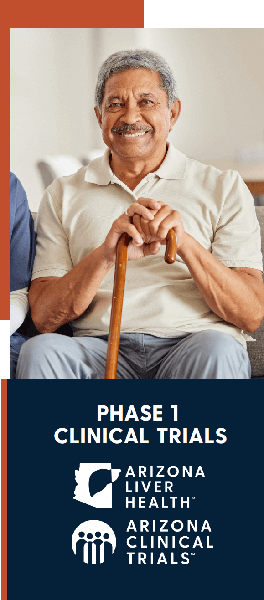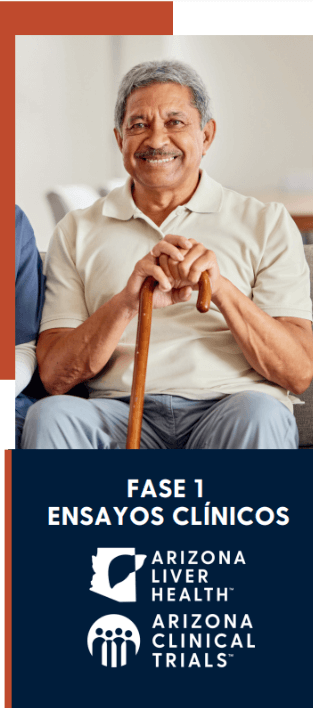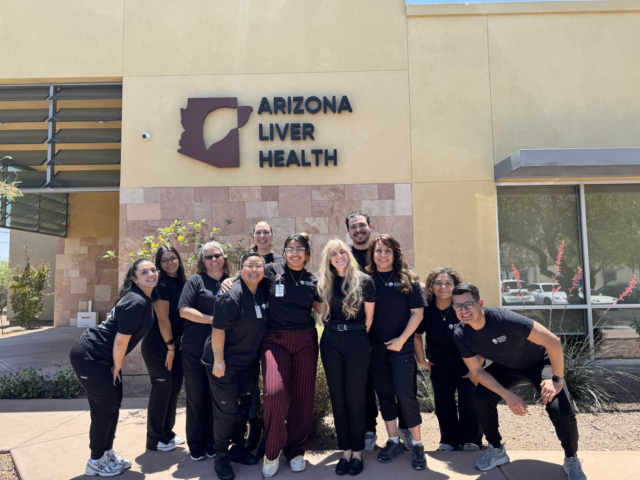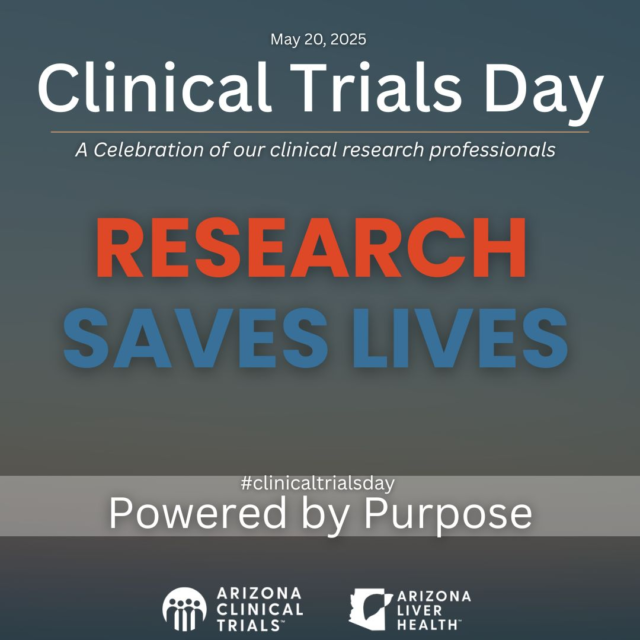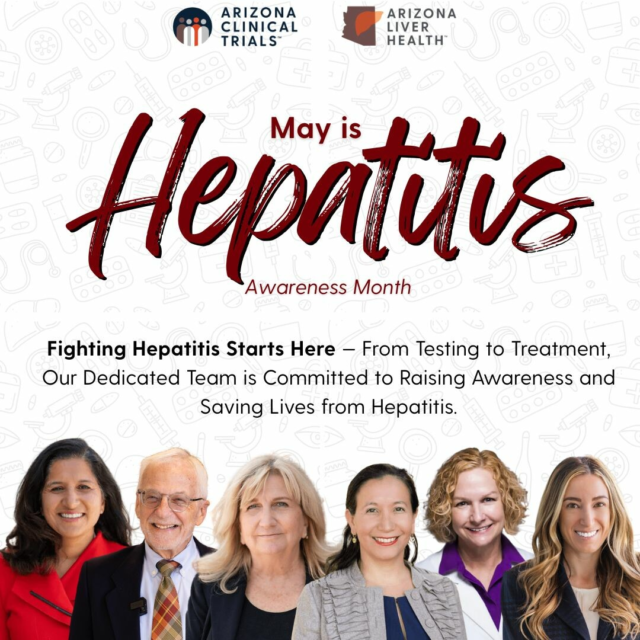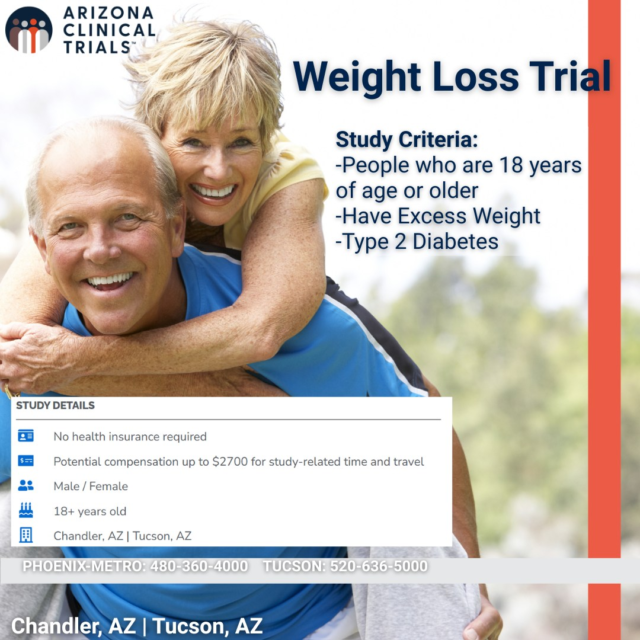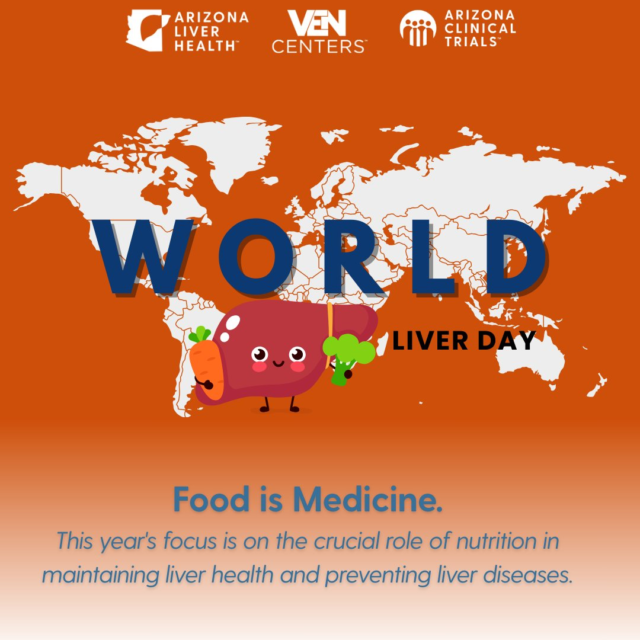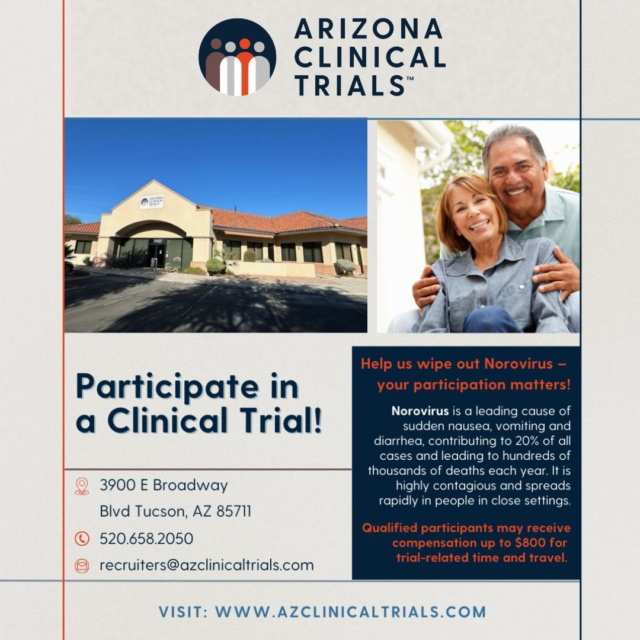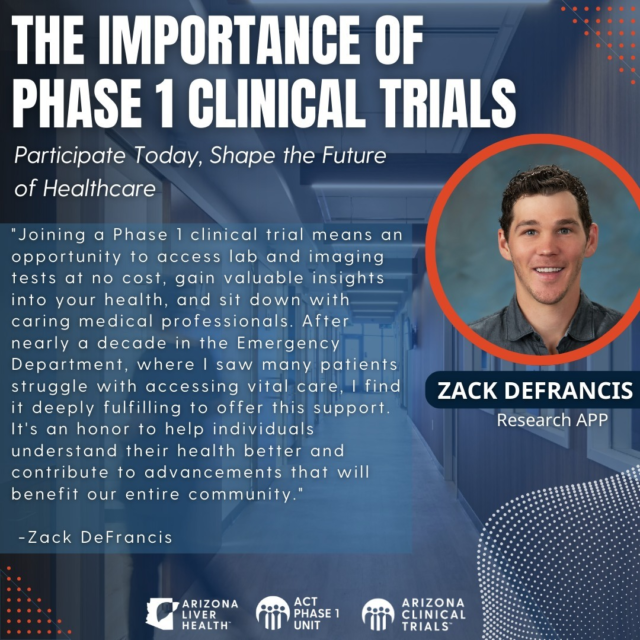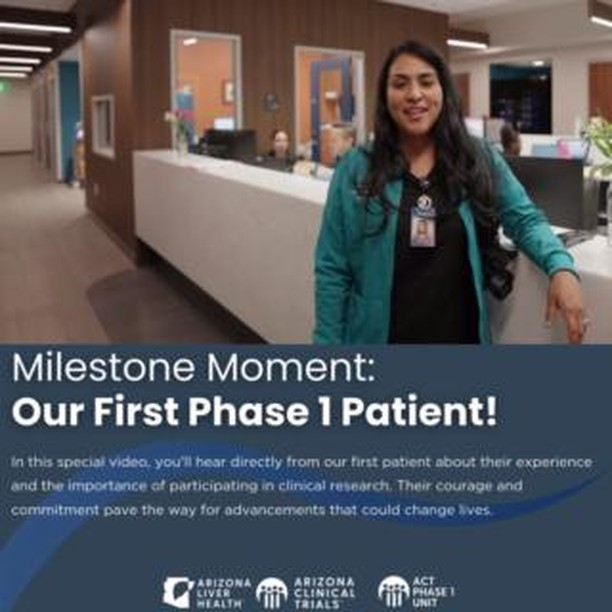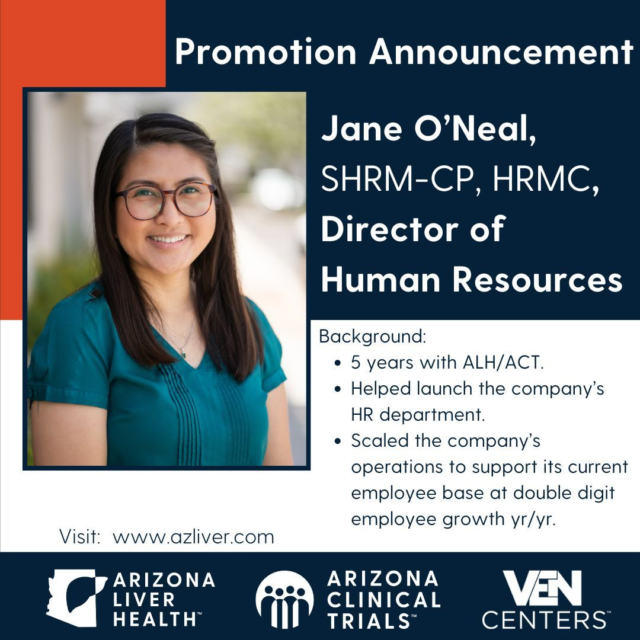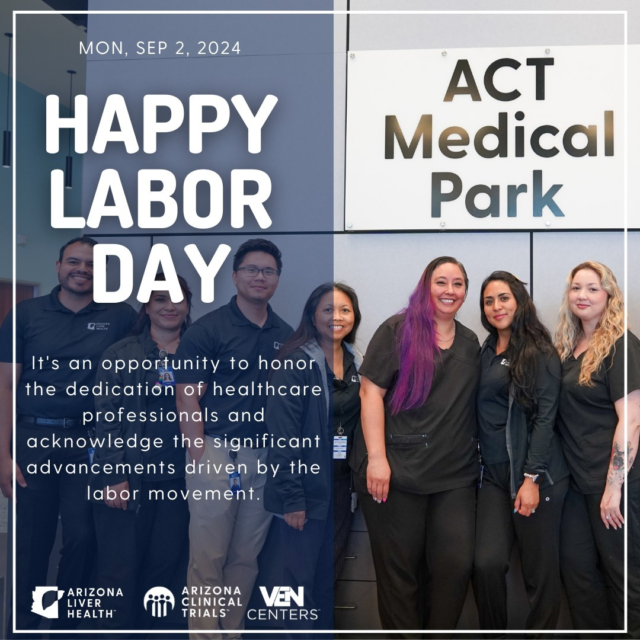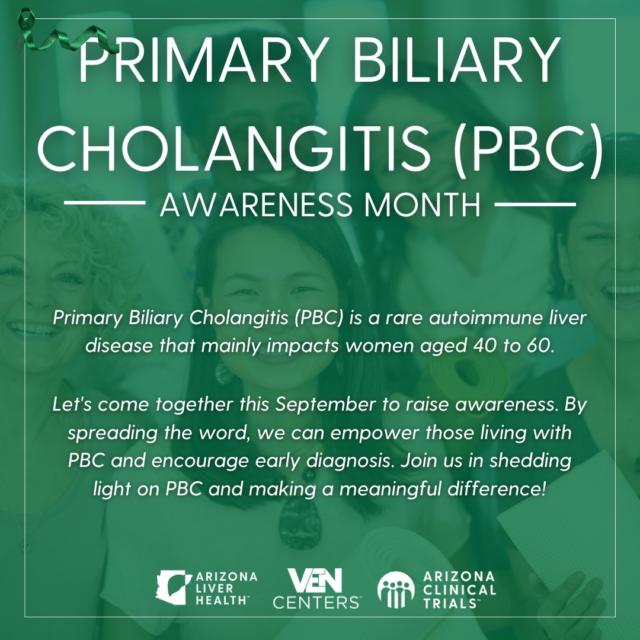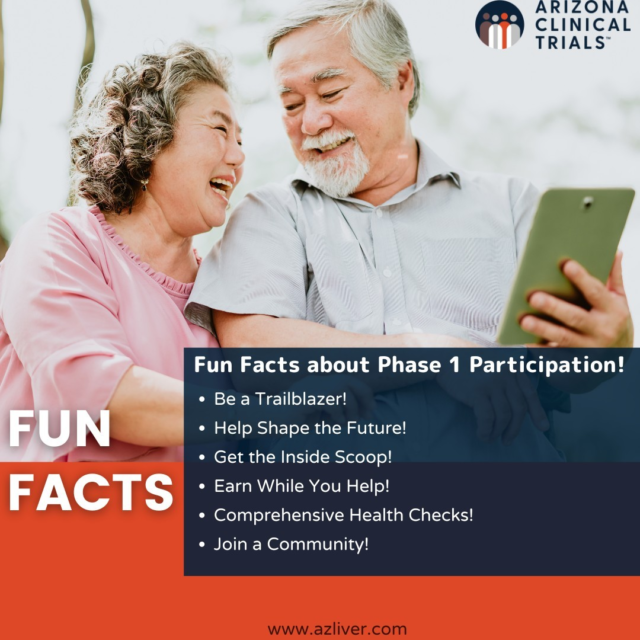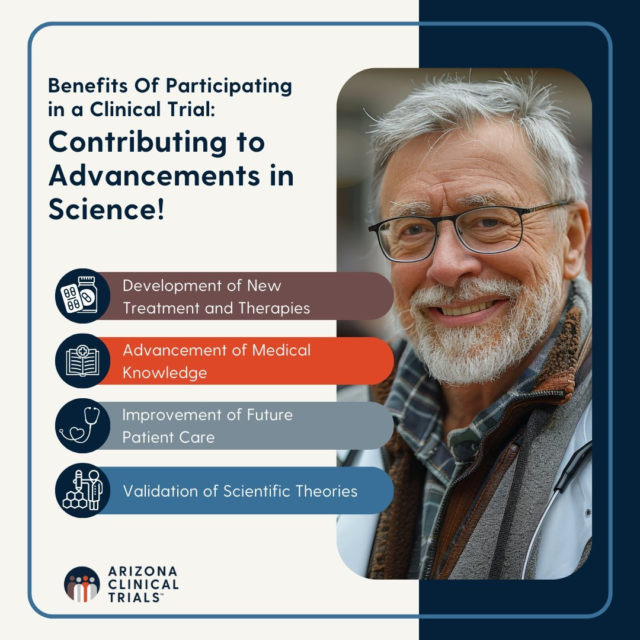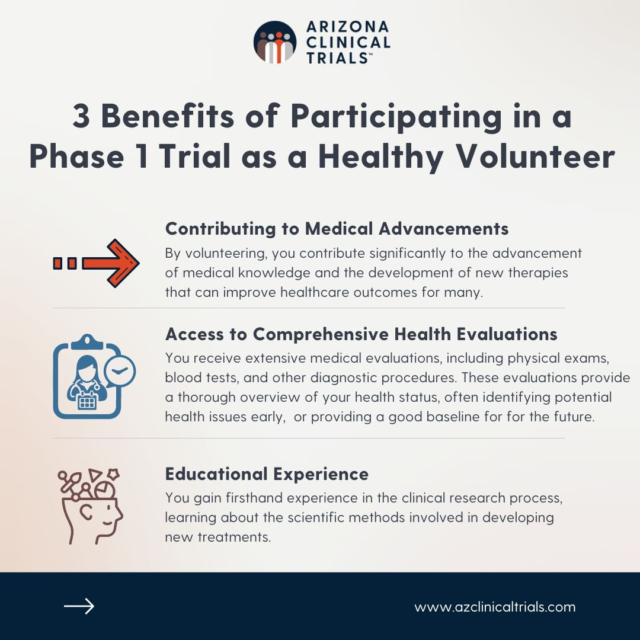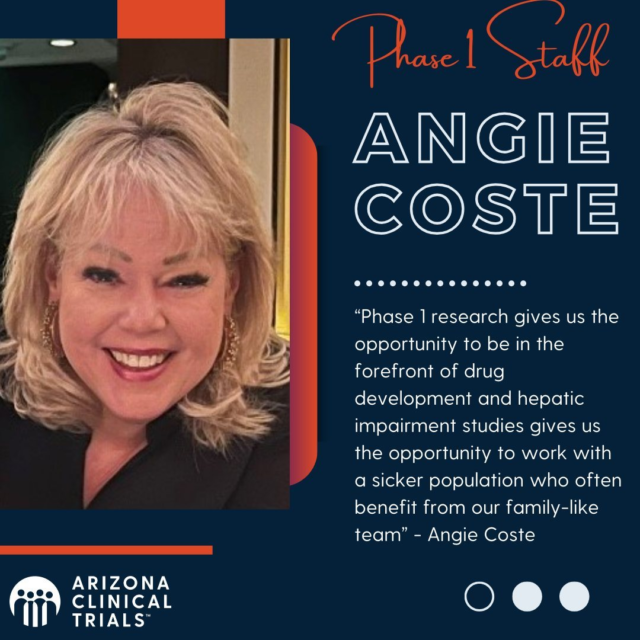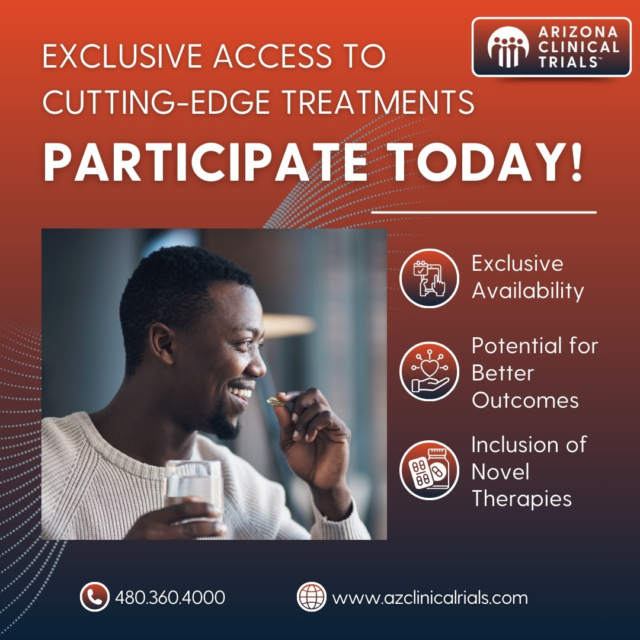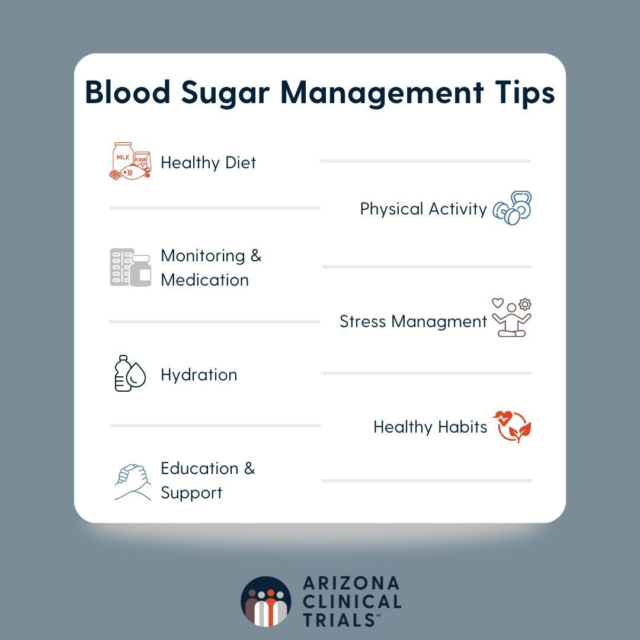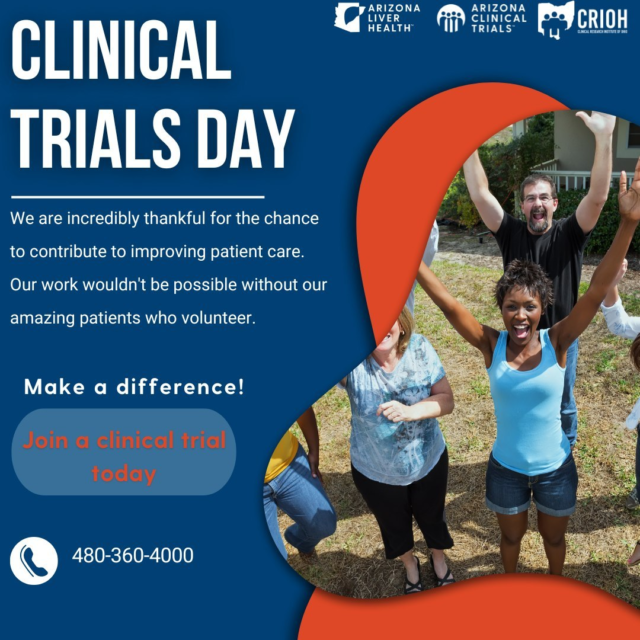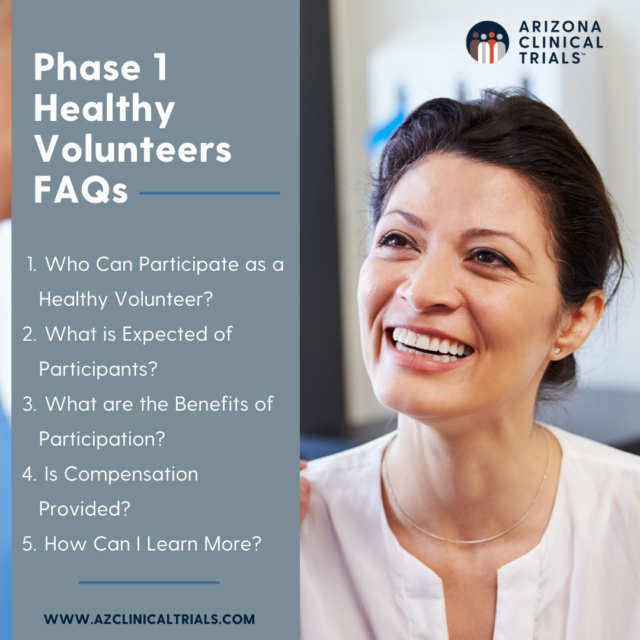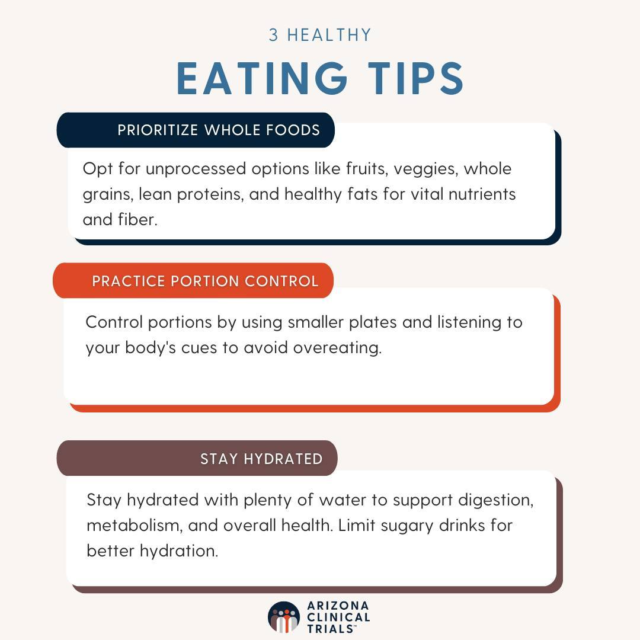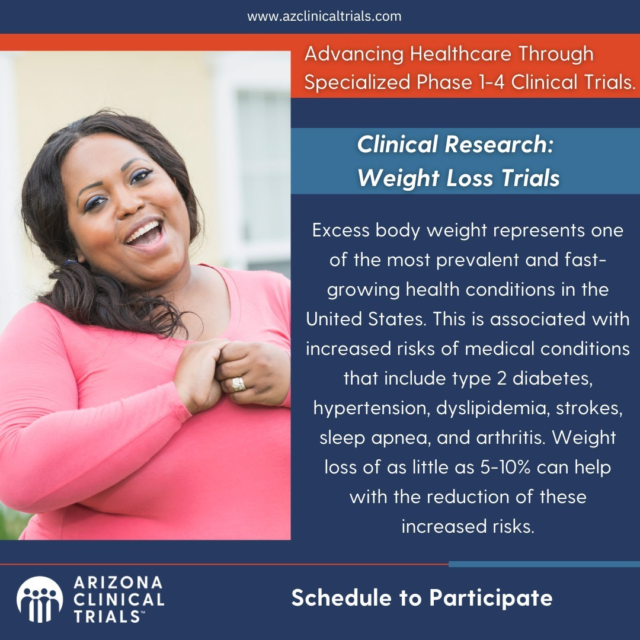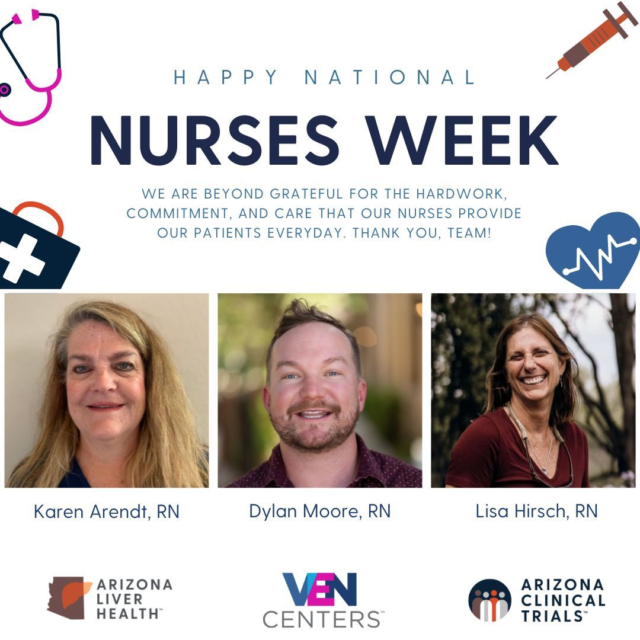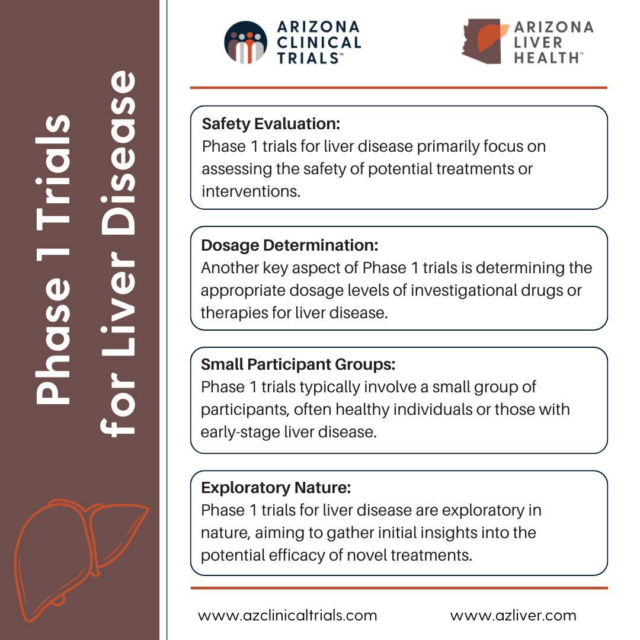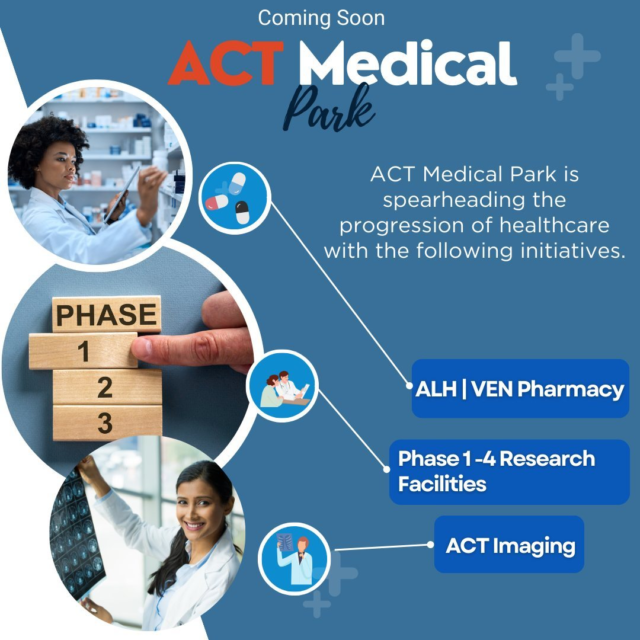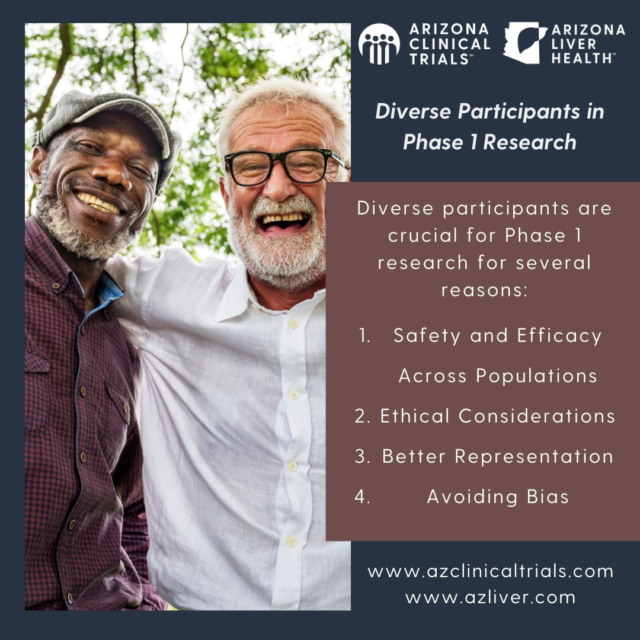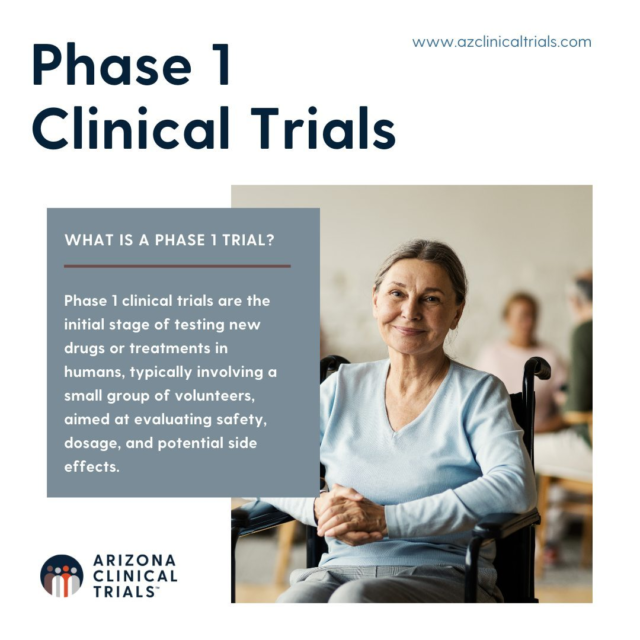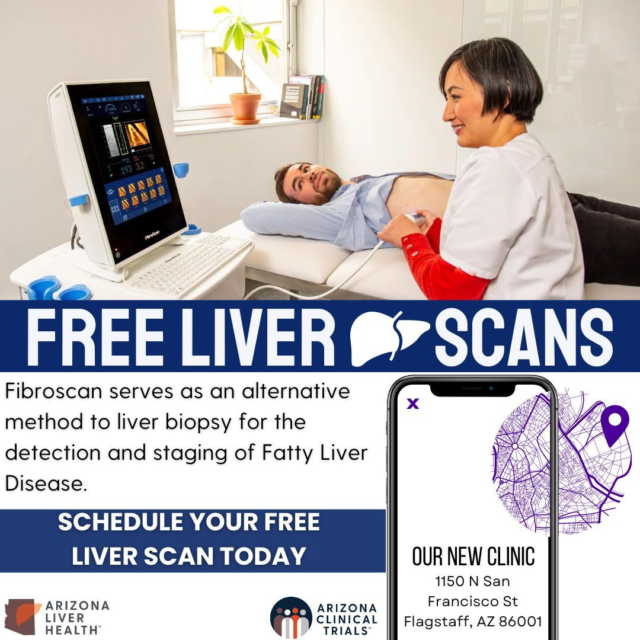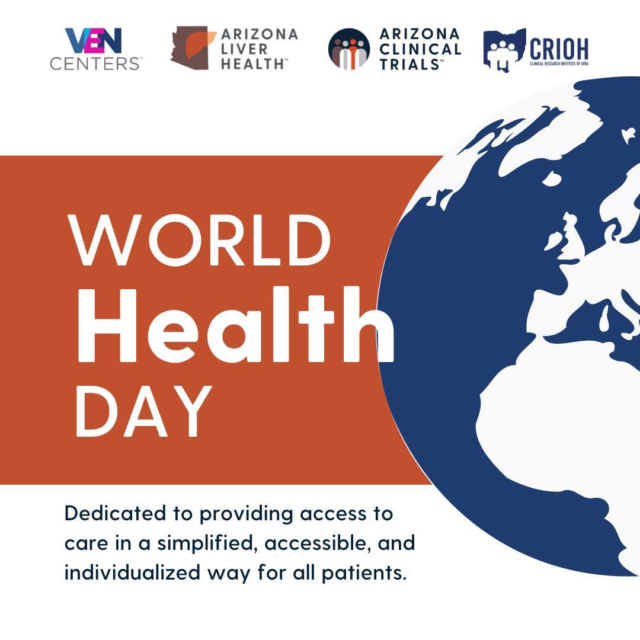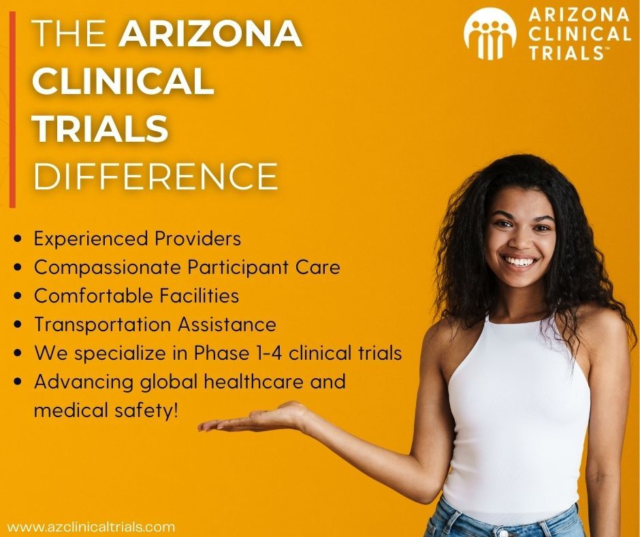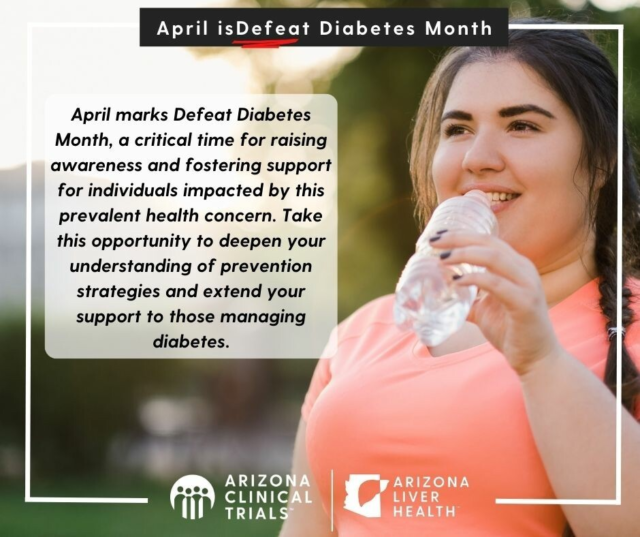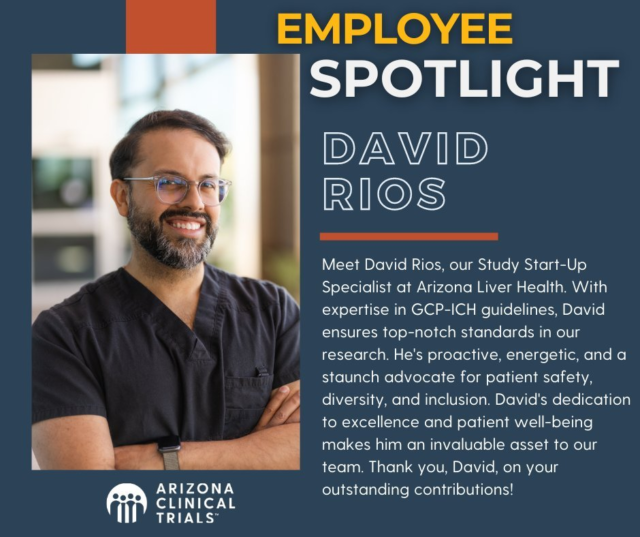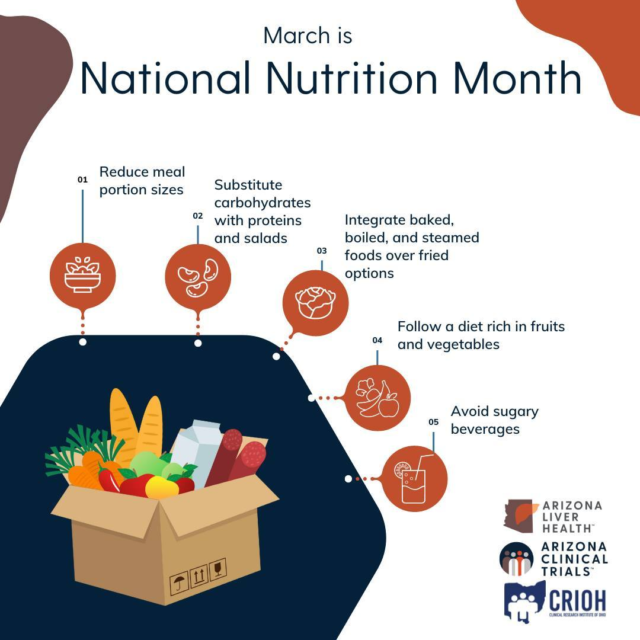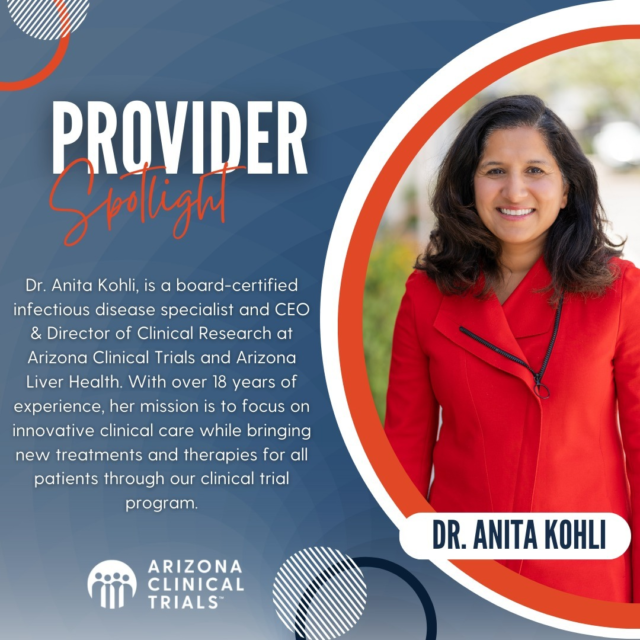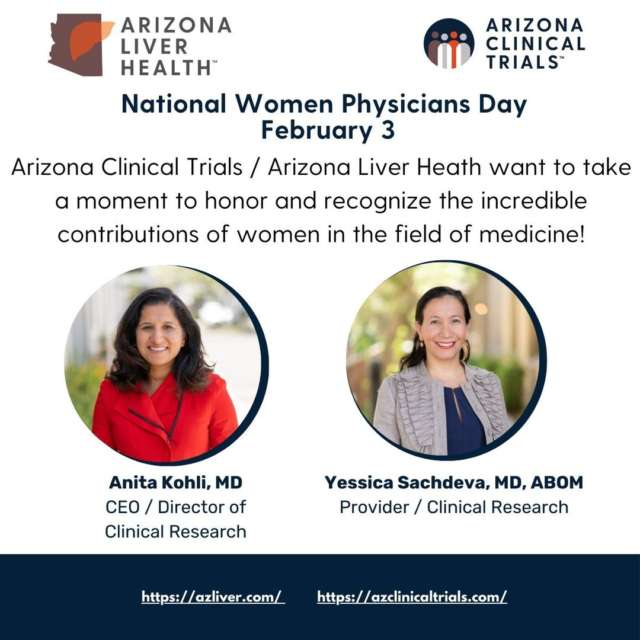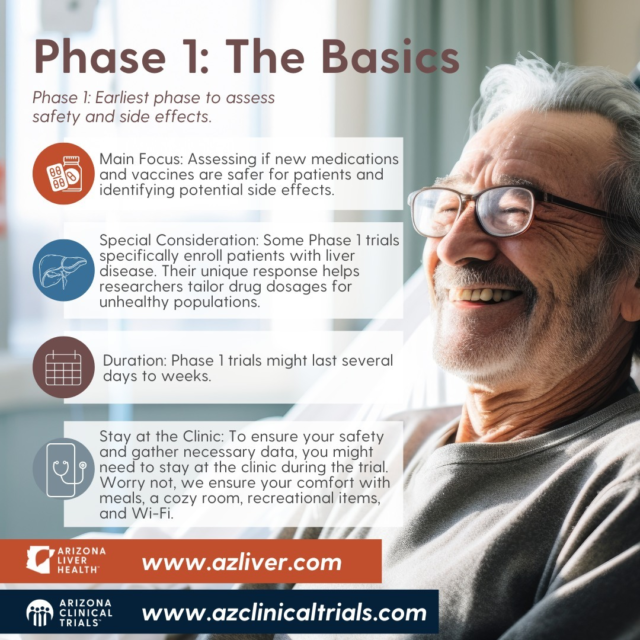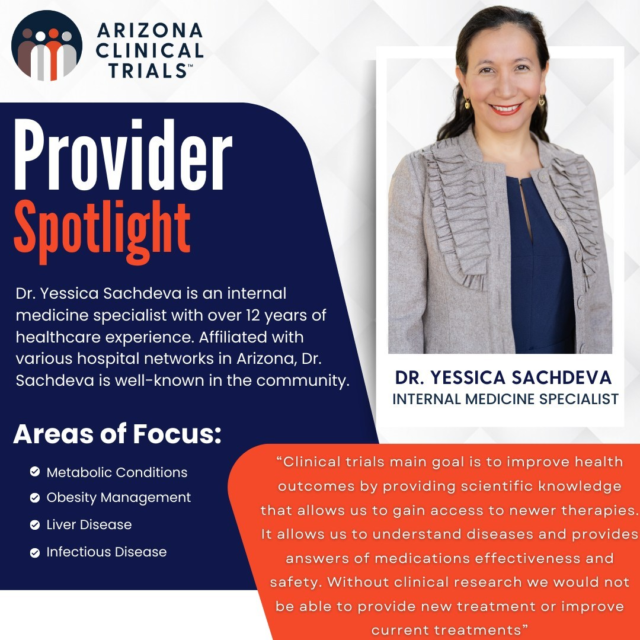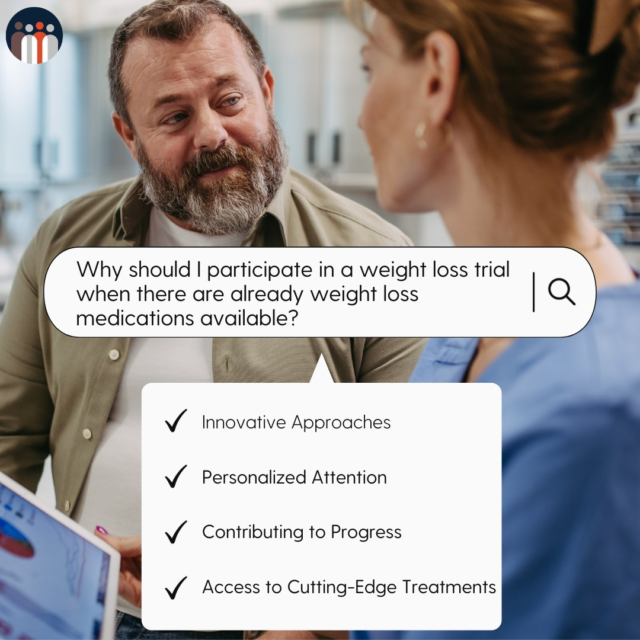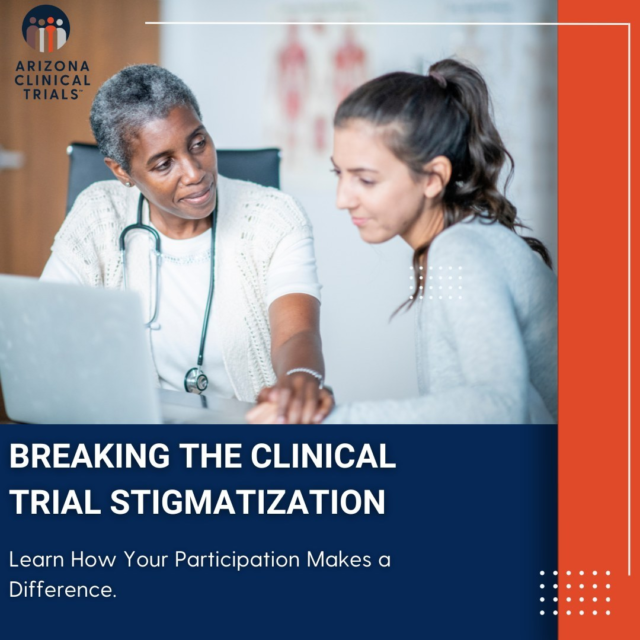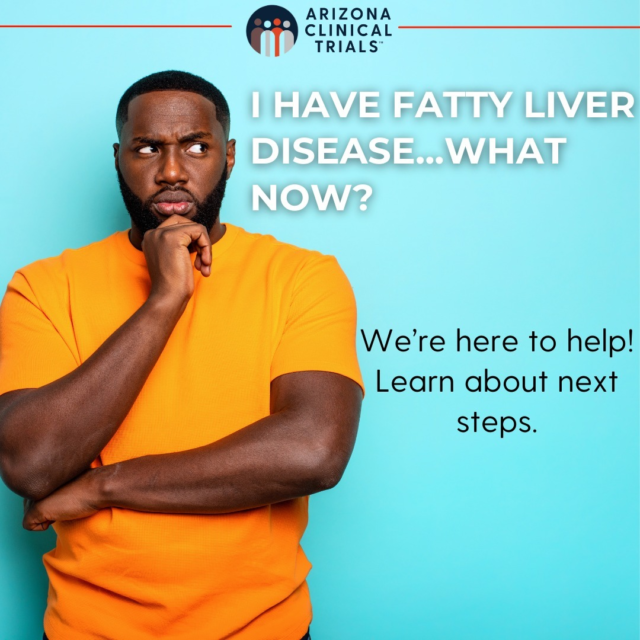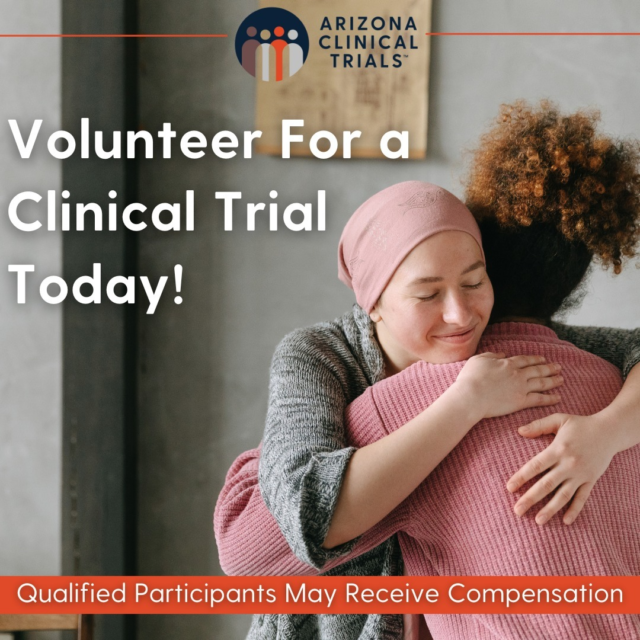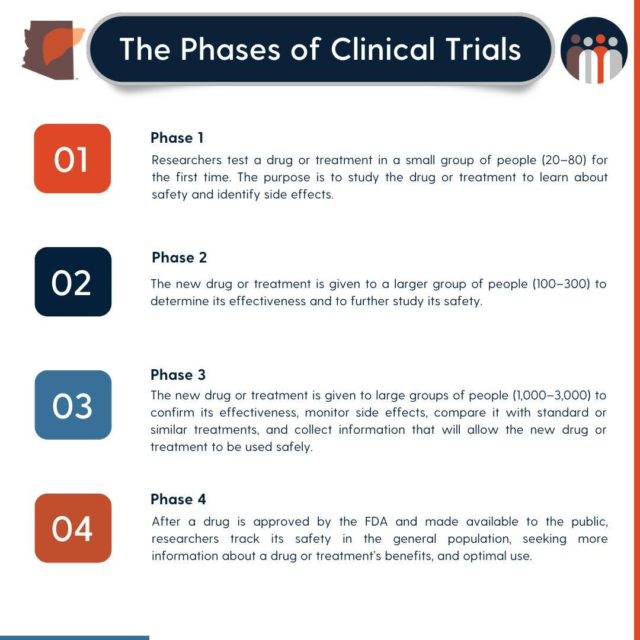Phase 1 Trials
What is a Phase 1 Clinical Trial?
A Phase 1 trial is a small study to test a new drug or treatment in people for the first time to see if it’s safe and determine the best dose.
3 Key Phases of Clinical Trials

Phase 1: This is the initial stage of clinical trials, primarily focused on evaluating the safety of a new treatment or drug. During this phase, researchers closely monitor participants to determine the safest dosage range and identify any potential side effects. The goal is to ensure that the treatment is safe for further testing in later phases, while also gathering important information about how the body responds to the treatment.
Phase 2: In this phase, researchers further evaluate the safety of the treatment and begin to assess how effective it is for patients with specific conditions. The primary goal is to determine whether the treatment works as intended and to gather more data on potential side effects. This phase often involves a larger group of participants than Phase 1, allowing for more detailed analysis of the treatment’s effects.
Phase 3: Building on the results from Phase 2, this stage involves an even larger group of participants and aims to confirm the treatment’s efficacy on a broader scale. Researchers continue to monitor safety but also focus on identifying the optimal dosing for the treatment. Phase 3 trials are designed to gather comprehensive data to determine whether the treatment should be approved for widespread use in patients with the target condition.
Healthy Volunteers
Healthy volunteers are essential to understand how new medications affect individuals without pre-existing health conditions. This helps to establish baseline safety profiles and assess potential side effects, ensuring the medication’s safety before progressing to patients who need treatment.
Hepatic and Renal Impairment
In some Phase 1 trials, we need healthy volunteers to help us understand how a medication behaves in the body—especially how it’s processed by the liver (hepatic system) or kidneys (renal system). By studying how a drug works in people without liver or kidney issues, we can compare the results to those from individuals with impairments. This helps us determine safe dosing and identify any potential risks, making treatments safer and more effective for everyone.
What else should I know before I participate?
Informed Consent
You will be given all the information about the trial, including its purpose, potential risks, and benefits. This ensures you fully understand what’s involved and can make an educated decision about your participation.
Thorough Understanding
Participating in a clinical trial requires a clear understanding of the procedures, timelines, and possible side effects. Before committing, you will have the opportunity to ask questions and clarify anything that concerns you.
Voluntary Participation
Your participation is entirely voluntary, meaning you can choose to join or withdraw from the trial at any time without facing any penalties or repercussions. Your decision to participate is respected throughout the process.
Stay at the Clinic
For your safety and to collect essential data, you may be required to remain at the clinic throughout the trial. Rest assured, your personal information will be kept confidential. We strive to make your stay comfortable, providing meals, a cozy room, entertainment options, and Wi-Fi access.
Potential Compensation & Reimbursement
Participants may receive compensation up to $4000 for trial-related time and travel.
